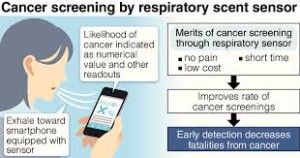
Tokyo Electric Power Co (TEPCO) has announced lower electricity rates by about 6% beginning April as deregulation in the power market goes into effect.
A price war has already begun ahead of the market deregulation which is part of reforms enacted by the government two years ago that include the establishment of a national grid and the liberalization of the power market for homes. Regional monopolies, including Tokyo Electric Power Co and Kansai Electric Power Co, supply almost 98% of Japan’s electricity and terms for access to their transmission lines make it onerous for new entrants.
Outlining its new price structure, TEPCO said a new “family plan” rate has four different categories depending on a family’s structure and their lifestyle. For example, TEPCO will reduce the monthly electricity rate for a four-person household to 19,100 yen if a consumer signs a two-year contract by March 31.
I – Word Understanding
deregulation – to decrease or remove government power in an industry to create more
competition
liberalization – to be less strict
monopoly – complete control or ownership
onerous – difficult
entrants – newcomers
II – Have Your Say
1. The deregulation of Japan’s power market means TEPCO and KEPCO would soon have competitors, and consumers can choose from more than one
utility companies. What are the advantages of this system especially to
consumers?
2. The monopolies were set up in 1951 during the American occupation. Ending control of monopolies has become an issue after the March 2011 earthquake. Why is it so hard to break these monopolies?
3. Mitsubishi Corp and Lawson Inc have already announced a joint venture to enter the household electricity retailing business. Other newcomers are expected to follow suit. What do you hope these new companies would offer that can benefit you as a consumer? Would you choose these new companies?


